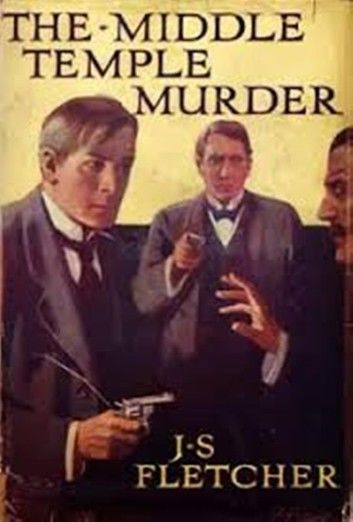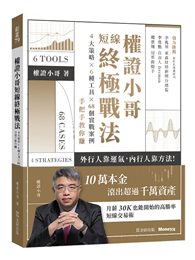As a rule, Spargo left the _Watchman_ office at two o'clock. The paper
had then gone to press. There was nothing for him, recently promoted to
a sub-editorship, to do after he had passed the column for which he was
responsible; as a matter of fact he could have gone home before the
machines began their clatter. But he generally hung about, trifling,
until two o'clock came. On this occasion, the morning of the 22nd of
June, 1912, he stopped longer than usual, chatting with Hacket, who had
charge of the foreign news, and who began telling him about a telegram
which had just come through from Durazzo. What Hacket had to tell was
interesting: Spargo lingered to hear all about it, and to discuss it.
Altogether it was well beyond half-past two when he went out of the
office, unconsciously puffing away from him as he reached the threshold
the last breath of the atmosphere in which he had spent his midnight.
In Fleet Street the air was fresh, almost to sweetness, and the first
grey of the coming dawn was breaking faintly around the high silence of
St. Paul's.
Spargo lived in Bloomsbury, on the west side of Russell Square. Every
night and every morning he walked to and from the _Watchman_ office by
the same route--Southampton Row, Kingsway, the Strand, Fleet Street.
He came to know several faces, especially amongst the police; he formed
the habit of exchanging greetings with various officers whom he
encountered at regular points as he went slowly homewards, smoking his
pipe. And on this morning, as he drew near to Middle Temple Lane, he
saw a policeman whom he knew, one Driscoll, standing at the entrance,
looking about him. Further away another policeman appeared, sauntering.
Driscoll raised an arm and signalled; then, turning, he saw Spargo. He
moved a step or two towards him. Spargo saw news in his face.
"What is it?" asked Spargo.












